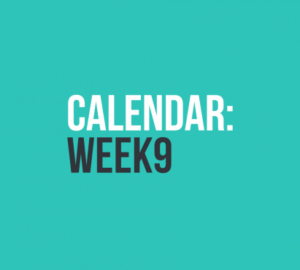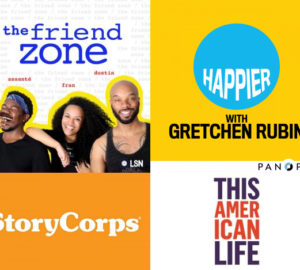Sequential Art Professor Roy Richardson dishes about his professional career
By Jack Huang
 Professor Roy Richardson is a Sequential Arts Professor at SCAD-Atlanta. He is a veteran comic book artist with 25 years of experience, having worked on major titles like “Captain America,” “Iron Man,” “The Flash,” “Star Wars” and his own co-creation for Marvel Comics, “Tomorrow Knights,” which was recently adapted into a role-playing game by Z-Man Games.
Professor Roy Richardson is a Sequential Arts Professor at SCAD-Atlanta. He is a veteran comic book artist with 25 years of experience, having worked on major titles like “Captain America,” “Iron Man,” “The Flash,” “Star Wars” and his own co-creation for Marvel Comics, “Tomorrow Knights,” which was recently adapted into a role-playing game by Z-Man Games.
Can you tell me about your background and your inspiration for teaching?
Frankly, I never gave teaching a thought until a few years ago, when we were approached by Professor Ray Goto from SCAD-Savannah at a comics convention. Then, my friend Tom Lyle was hired to teach at SCAD, and he liked it, so that really got the ball rolling.
What inspired you to get into storyboards? What inspired your style?
Money inspired my wife and I (we work together) to get into storyboards. It’s a well-paying field, but it’s also a grind. I’m talking about commercial boards here, not movie or animation. Typically, you get the job on a Friday and are expected to be in the art director’s office with the completed boards on Monday morning. But the real grind comes in waiting to be paid; while all the agencies claim to pay within 30 days, it can stretch out to 60, 90 or 120 days, which is why we got out of the business. As for our style, we just used a modified version of our comic book style. I’ve been taken to task by some of my students for discussing comic book artists in my storyboard class, but comic artists make the best storyboard artists. After all, commercial boards are just comics with all the interesting stuff (flying people, intergalactic invasions, etc.) taken out.
Can you tell me your experience as an artist over the years? What are some of the revelations, some of the snags, and what are some things that became rewarding to you?
Working as a freelance artist for 25 years, I’ve had a lot of ups and downs. My most successful year
financially was followed by one of my worst. It’s not a life style for the faint-hearted.
What’s the most important thing students should remember when entering a storyboarding career?
When entering any classroom, students should remember that the professor is an instructor, not a
magician. Many students seem to think that if I’ve done my job, they’ll somehow be transformed into
professional storyboard artists by the end of the quarter, with minimal effort on their part. Sorry, it
doesn’t work that way. All an instructor can do is expose you to what you need to know; it takes years of practice and frustration to get good at it. If you can’t face that, go into another profession.























